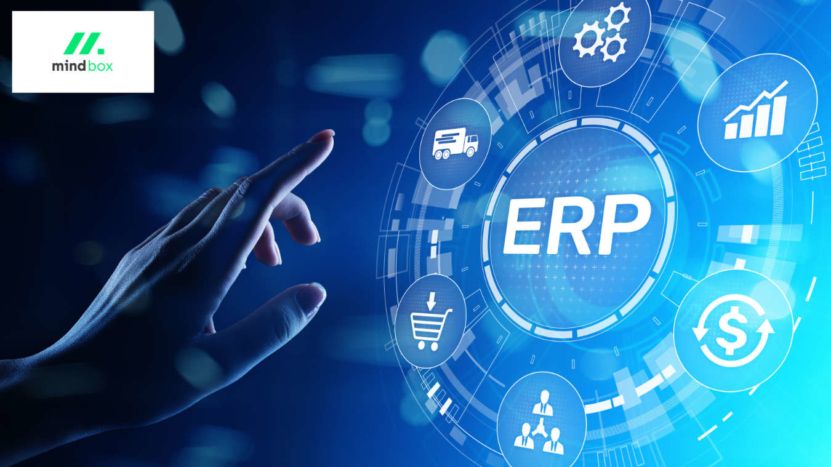You haven’t found the right ERP system? We have everything under control
ERP is the undisputed leader among modern technologies, designed to streamline business processes and optimize management of company resources. With the development of ERP, the market has seen dozens of system offerings that more or less fit the company’s needs. What to look for when choosing ERP to finally find a system that meets our expectations?
What should be the purpose of implementing an ERP system in our organization?
How should ERP system be implemented in a large enterprise?? Let’s start with the most important factor, which is the immediate needs of the organization. ERP implementation should be the final legacy of the company’s performance, which management believes can be improved. Implementing ERP for the sake of it is a ready recipe for throwing money down the drain.
What will influence the right choice of ERP software? ZDefining the purpose of the implementation. Does the organization have a problem associated with heterogeneity of information flow among different departments? Does this state of affairs affect the inefficient execution of business processes? Or maybe on too high costs? Does your company identify bottlenecks at some stage of the process? If the company can verify what is not working properly and what the target state should be, it will be much easier to match the right offer to our needs.
What activities should the ERP system support??
Another element that should be considered is the functionality of our new ERP system. However, in order for the tool to adjust in the best possible way to the needs of a company and its processes, it is necessary to conduct a thorough analysis of business processes And to define all the activities in which the ERP system should support the employees.
Such preparation is an excellent basis for identifying all the conditions that the ERP tool has to meet. This will also allow us to eliminate at an early stage those offers that do not meet the most important assumptions. Of course, it is a good practice to group the conditions and functionalities of the ERP system into necessary and optional conditions. We cannot assume that one tool will meet every need, even the smallest one. That is why it is worth to prioritize conditions and focus on those solutions that are able to actually provide us with the most important functionalities.
Is the company growing?
Whether our organization is at the stage of dynamic development and expansion of markets? Does the company intend to operate in other markets? Open new branches and outlets? This is essential knowledge from the point of view of choosing the right ERP tool. Why?
By definition, an ERP system is a modular system, which can be developed in a more or less flexible way. If our company intends to expand the scope of its activities, enter the markets of new products or services, open new departments or production lines, it will be good to focus its attention on these ERP systems, that offer the greatest possibilities for scalability, which will make it easier to potentially extend the functionality of the program without having to completely redesign the ERP system.
How many employees will directly use the ERP system?
ERP system – mindbox.On the other hand, a small budget will allow us to cover all the mandatory processes that the company needs. At this stage, it is worth considering how many employees from different departments of the company will have direct contact with the ERP system. Should the service be as simple as possible? Whether certain departments like finance or manufacturing should operate on the same interface? Or maybe they need something more developed?
When we define our needs in relation to the needs of specific employees, we will be able to go with a specific requirement to the ERP solution providers, who are able to meet the expectations.
What budget do we expect to invest in ERP??
Investment budget for ERP system implementation is still one of the most important factors, which influences the decision on purchase of a given solution. However, it is necessary to balance one’s approach to the costs of purchasing and implementing an ERP solution.
On the one hand, a small budget will allow us to cover all the processes that are mandatory from the point of view of the company’s needs. Much larger budget will provide us with a number of other interesting functionalities. However, do they actually give added value to the company? When analyzing the price of available solutions it is also worth checking what kind of license model is offered.
